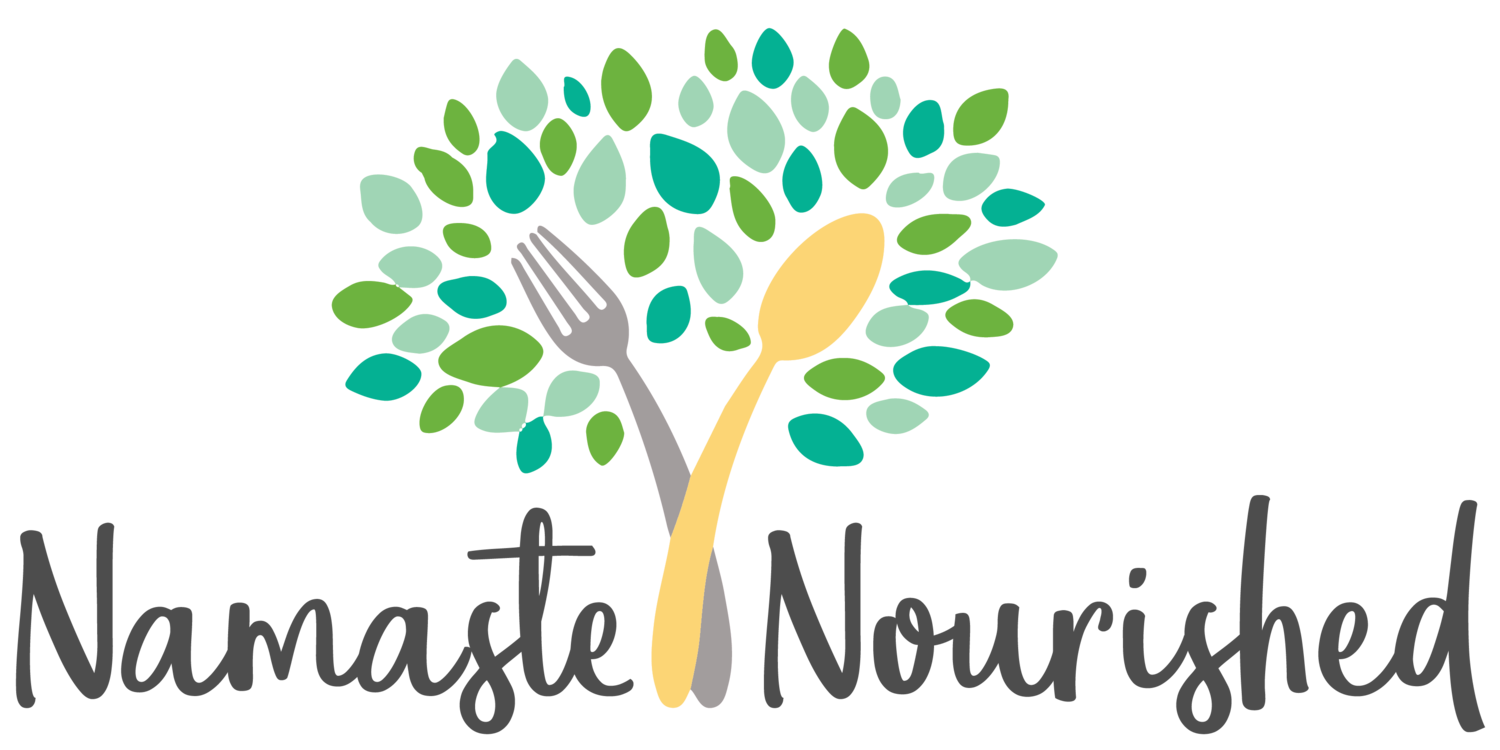5 Uncommon Ways to Support a Loved One Battling an Eating Disorder
Watching someone you love struggle with an eating disorder can feel overwhelming. While most advice you’ll find online focuses on being patient, encouraging treatment, and offering empathy (all of which are crucial), there are also less conventional, dietitian-backed strategies that can make a big difference. Here are five unconventional RD tips that may help you better support your loved one on their recovery journey.
1. Shift the Spotlight Off Food
Instead of asking “What did you eat today?”, focus conversations on non-food topics. Discuss hobbies, shows, or plans that bring joy. This helps reduce pressure and keeps your relationship from revolving around meals. If you do happen to notice behaviors around food, it's best to check in and ask how your loved one is doing, rather than addressing the food itself. Creating a safe emotional space can do more for recovery than pushing food talk. This helps to keep mealtime as a positive, shared experience.
2. Create Gentle Food Neutrality at Home
Stock the house with a wide variety of foods: fruits, veggies, chips, proteins, baked goods, and sauces/condiments, and treat them all as normal. The goal isn’t to label foods as “good” or “bad,” but to normalize all eating experiences. This quiet background approach often speaks louder than direct encouragement. We want our loved ones to have a good relationship with all foods, and exposure is one way to start to normalize previously excluded foods.
3. Practice “Silent Support” During Meals
Sometimes words feel heavy. Instead of constant encouragement at the table, try simply sitting with them, eating your own meal, and modeling calm body language. Silent support communicates safety and normalcy without adding pressure.
4. Build a Ritual of Self-Care Together
Eating disorder recovery isn’t only about food, it’s about healing relationships with the body and mind. Suggest activities you can do together that build self-compassion: yoga, journaling, art, walks, or meditation. These rituals create new coping tools that can replace disordered habits as well as strengthen the bond between you and your loved one
5. Learn to Listen Without Fixing
It’s natural to want to “solve” things quickly, but recovery is not linear. Eating disorders do not form overnight and, therefore, they do not disappear overnight. Patience is key. Instead of rushing to advice, simply listen. Phrases like, “That sounds really hard, I’m here with you” go further than solutions. A supportive ear is often the most powerful tool you can offer.
Final thoughts
Helping someone through an eating disorder requires both patience and creativity. While professional treatment is essential, these strategies can strengthen your relationship and make your loved one feel truly supported. Sometimes, the smallest shifts in approach create the biggest impact.
If supporting a loved one with an eating disorder feels confusing or overwhelming, working with a dietitian can give you fresh, practical tools to navigate those challenges. You’ll learn strategies that strengthen your relationship while encouraging recovery in a safe, supportive way. Click here to learn more about working with a dietitian and get personalized support for your loved one’s recovery journey.

